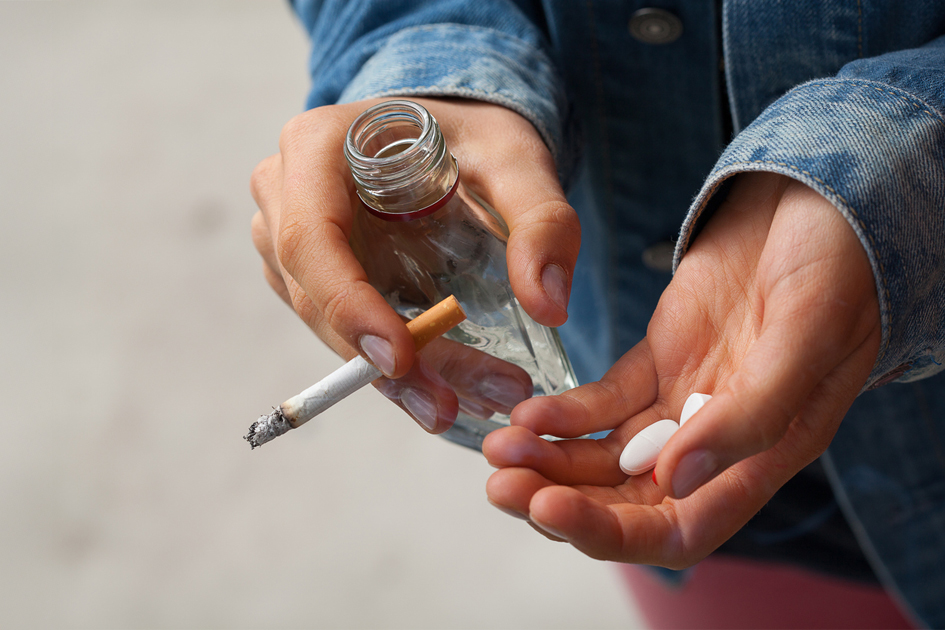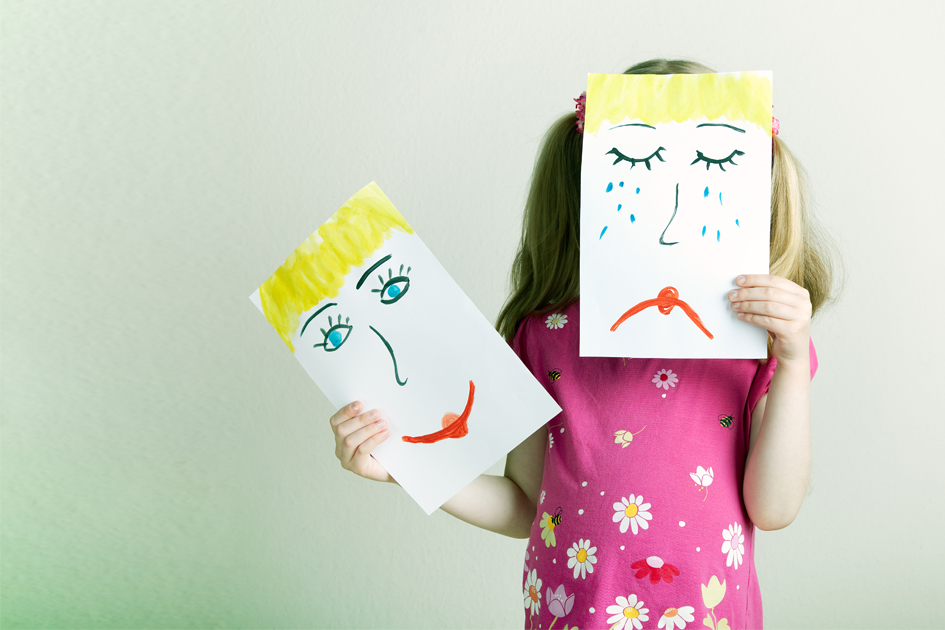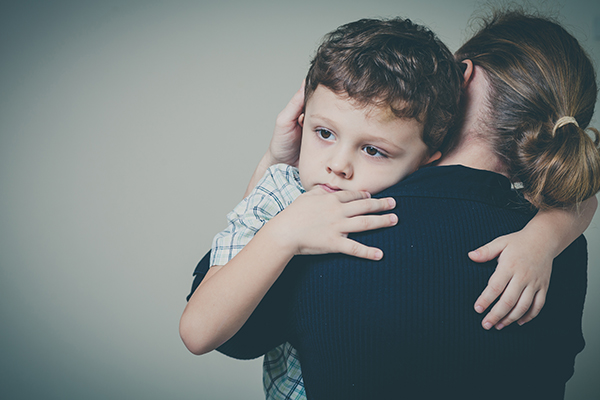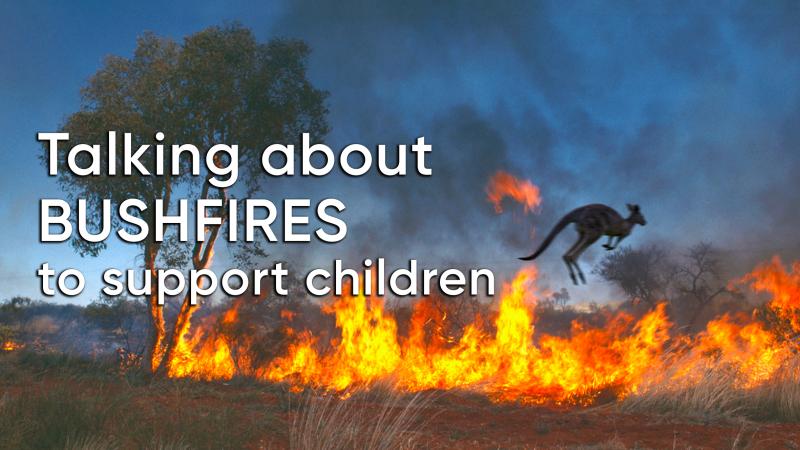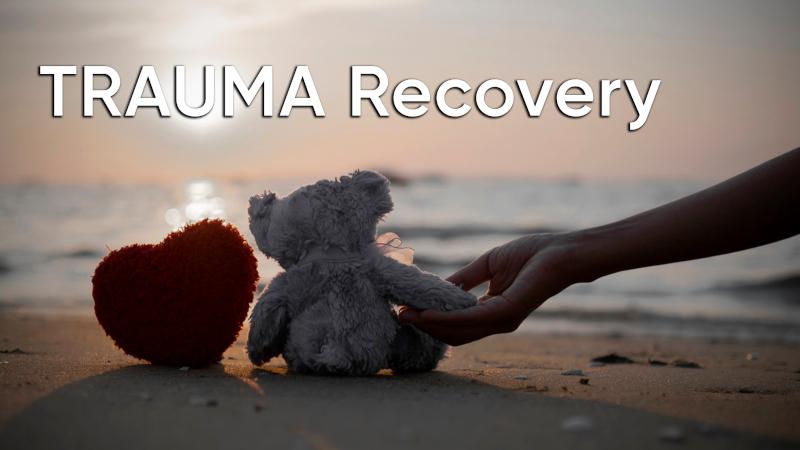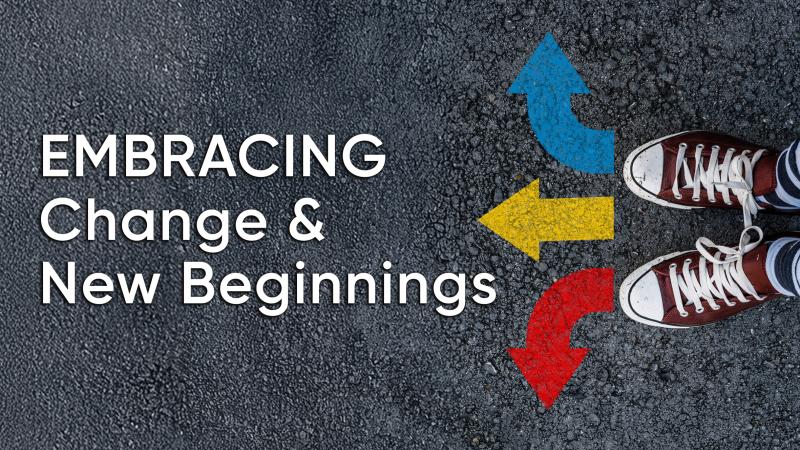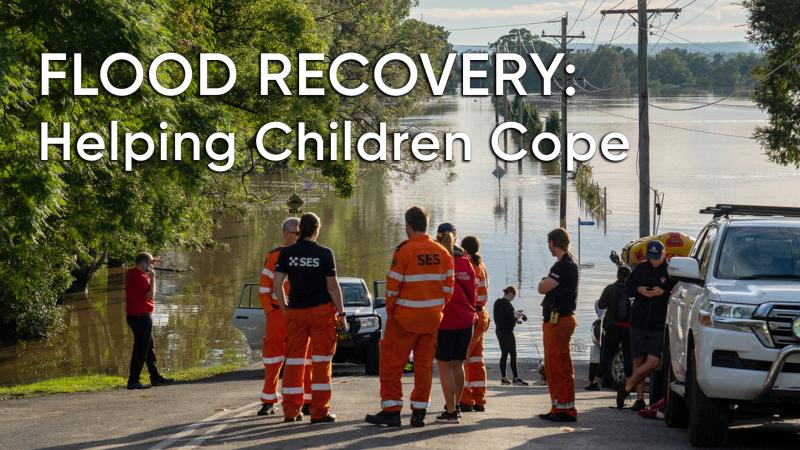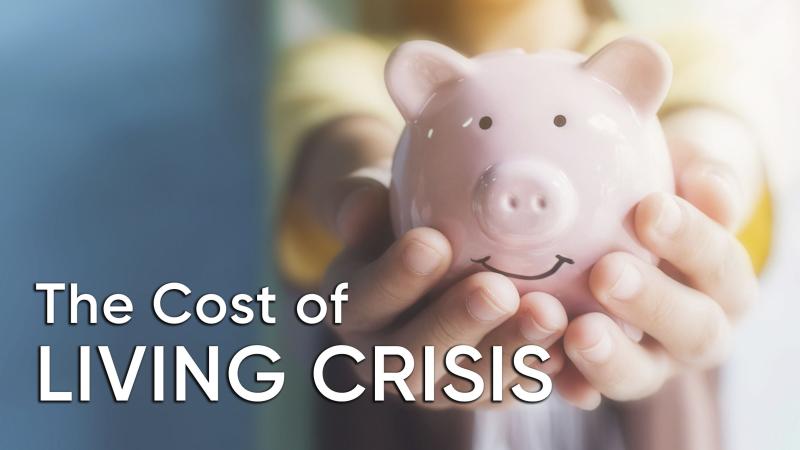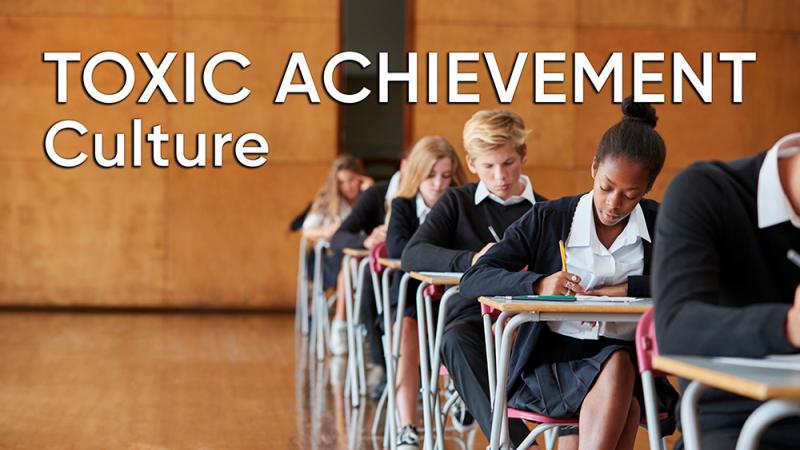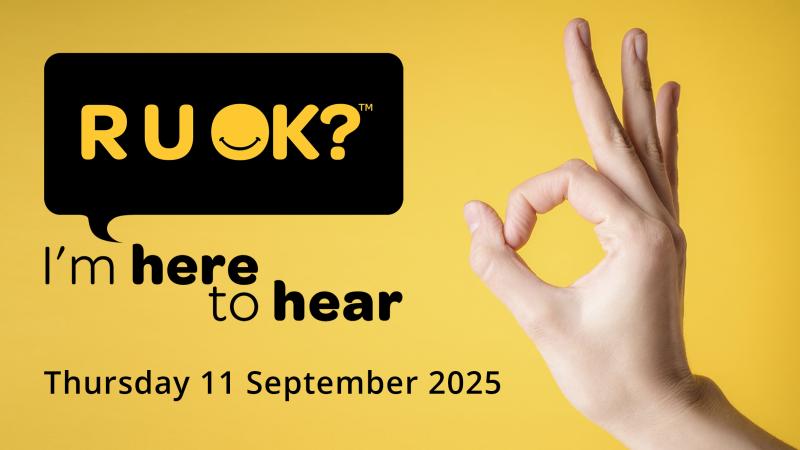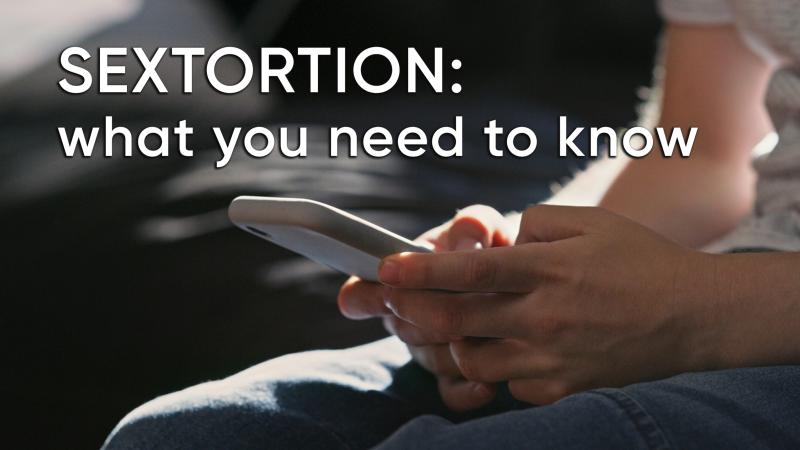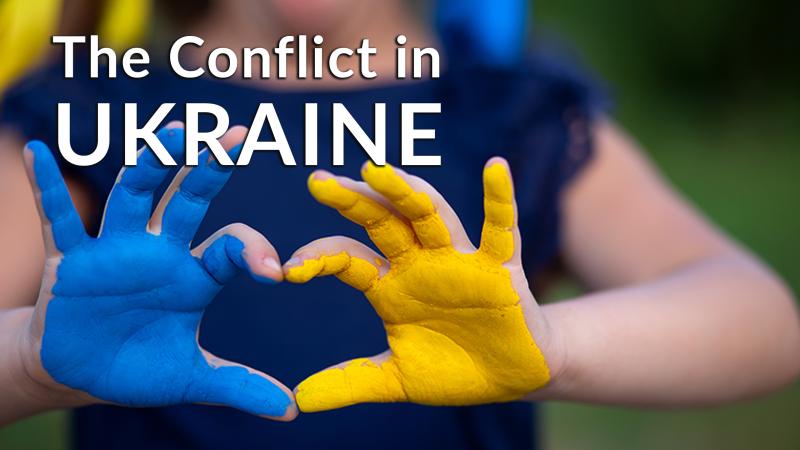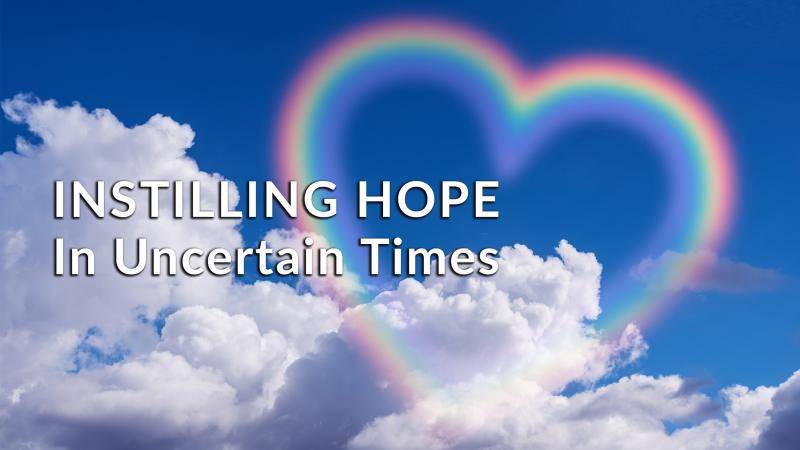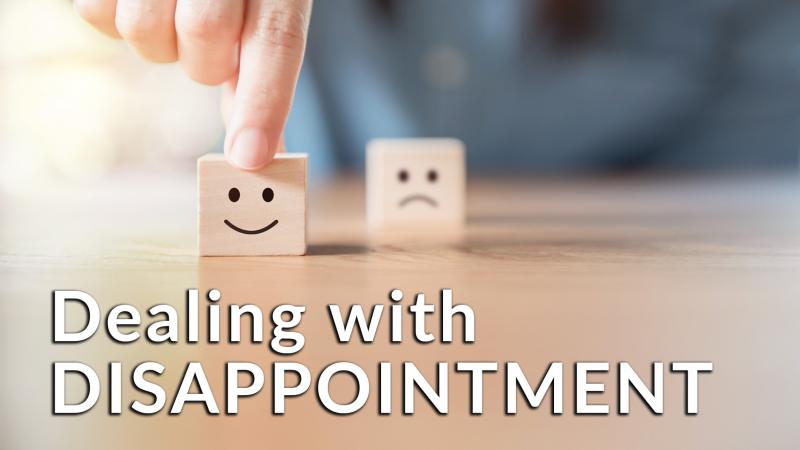
Mental Health Series
Topics
Special Reports
SPECIAL REPORT: Talking About Bushfires
READ MORE"Studies show an increase in mental health problems among survivors immediately after a major disaster. Children especially are vulnerable to experiencing feelings of loss of safety, fear or apprehension following exposure to images seen on TV, the internet or in newspapers."
Dr Michael Carr-Gregg
SPECIAL REPORT: Trauma Recovery
READ MORE"Trauma presents in children in various ways, depending on their age, previous experience, and personal resilience. When they encounter traumatic events, their brain processes these emotions, storing them as powerful memories."
Dr Michael Carr-Gregg
SPECIAL REPORT: Embracing Change & New Beginnings
READ MORE"How young people embrace change and new beginnings can make a lasting difference and set the foundation for growth, confidence and a positive path forward. Transitions require a collaborative effort to manage these changes effectively."
Dr Michael Carr-Gregg
SPECIAL REPORT: Flood Recovery: Supporting Children
READ MORE"It is very common for young people to experience a wide range of emotional reactions to a flood disaster. When they're ready to talk, create a safe environment and let them know you are there to discuss the event and how they are feeling."
Dr Emma Woodward
SPECIAL REPORT: Social Media & Comparison Culture
READ MORE"In today's digital age comparison is the norm. Constant exposure to curated lives and unrealistic standards leaves many feeling short. "
Dr Emma Woodward
SPECIAL REPORT: The Cost of Living Crisis
READ MORE"Our role is to help children make sense of the world, so it’s prudent to discuss financial matters in an informative and empowering way. "
Dr Emma Woodward
SPECIAL REPORT: Toxic Achievement Culture
READ MORE"It is not that we shouldn't encourage young people or avoid asking how they performed on a difficult test. Instead, we should encourage students to untangle their self-worth from achievement and redefine their success by emphasising the importance of resilience, wellbeing, and the pursuit of diverse interests."
Dr Michael Carr-Gregg
SPECIAL REPORT: R U OK?Day
READ MORE"This day contributes to suicide prevention efforts by encouraging people to invest more time in personal relationships and building informal support networks. By having conversations and being alert to those around us, we can help identify signs of distress."
Dr Michael Carr-Gregg
SPECIAL REPORT: Sextortion
READ MORE"You may not have heard the term before, but you must understand what it is. There has been a 400% increase in this type of crime being reported to police now involving adolescent males at a terribly high rate."
Susan McLean
SPECIAL REPORT: The Conflict in Ukraine
READ MORE“Evidence shows a supportive discussion about a stressful event can actually decrease a young person’s distress. Answering their questions honestly will help them process any difficult emotions that may arise."
Dr Michael Carr-Gregg
SPECIAL REPORT: Managing Overwhelm
READ MORE“As human beings, our brains haven’t evolved fast enough to adapt to the digital world that we now live in. This means that the overload of messages that we receive through ever-present media platforms often results in stress, anxiety, and overwhelm."
Dr Emma Woodward
SPECIAL REPORT: Instilling Hope In Uncertain Times
READ MORE“Parents can help instil hope by encouraging their kids to see life as it is. Human beings, particularly young ones, hate uncertainty and often their natural response is to exhibit varying degrees of fear and anxiety."
Dr Michael Carr-Gregg
SPECIAL REPORT: Dealing with Disappointment
READ MORE"Disappointment is a normal, though difficult, part of growing up and can be a tricky emotion to deal with at any age. How your children learn to respond to disappointment will determine its impact on their future achievement and happiness.”
Dr Michael Carr-Gregg
SPECIAL REPORT: Online Game Fortnite
READ MORE“The game can be problematic for those kids who play in an ‘obsessive way’. It will interfere with their sleep, it will interfere with, obviously, homework, and it’ll interfere with normal relationships at home.”
Dr Michael Carr-Gregg


